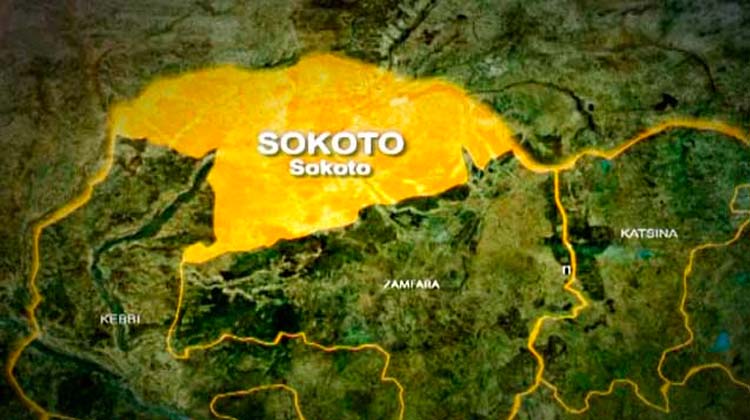Sokoto Youths Threaten Armed Self-Defence Amid Escalating Bandit Attacks
Amid growing insecurity in Sokoto State, youths in Shagari Local Government Area have issued a warning that they may resort to armed self-defence if government efforts to curb banditry continue to fall short.
The threat was made in a statement released on Thursday and signed by youth activist Bello Bala Shagari following a virtual meeting of concerned youths from the area. The group expressed deep frustration over what they described as the government’s failure to protect lives and property in their communities.
Shagari, a grandson of former President Shehu Shagari, said bandit attacks have persisted for months, displacing families, crippling agricultural activities, and leaving residents in constant fear.
“We have reached a last-resort decision. The government has done little to protect us. We cannot sit idle while our people are being killed, abducted, and humiliated,” Shagari stated. “Although we desire peace, self-defence may be our only remaining option.”
He added that the escalating wave of violence has eroded public trust in the government’s ability to fulfil its constitutional responsibility of securing citizens.
The youths called on both the Sokoto State Government and the Federal Government to urgently deploy more security personnel to Shagari and neighbouring communities. They warned that without immediate and decisive action, the region risks descending into lawlessness.
“The time for promises has passed. What we need now is action. We are appealing to the authorities to prevent this situation from deteriorating further,” the statement read.
Security experts have repeatedly cautioned that arming local communities may exacerbate violence and complicate long-term peace efforts. However, with insecurity spreading across Sokoto and other North-West states, calls for community-based defence initiatives are growing louder.
Sokoto State has endured years of banditry and violent attacks, similar to neighbouring Zamfara, Katsina, and Kebbi. According to data from SBM Intelligence and other conflict-monitoring organisations, hundreds have been killed and thousands displaced across the region since 2021.
Notable incidents include the abduction of 279 schoolgirls from Government Girls Secondary School, Jangebe, in Zamfara in February 2021; the kidnapping of 27 students and staff from Government Science College, Kagara, and 156 pupils from Salihu Tanko Islamiya School, Tegina, in Niger State.
Sokoto itself has seen several deadly attacks, including the 2021 massacre of over 40 travellers in Sabon Birni Local Government Area.
Despite ongoing military operations such as Operation Hadarin Daji and Operation Safe Haven, insecurity remains widespread. Many rural communities continue to report limited protection, delayed responses from security forces, and in some cases, alleged extortion by armed groups.
Civil society organisations, including Amnesty International, have documented the dire conditions in the region, with communities facing frequent raids, forced levies, and targeted killings.
The warning from Shagari youths mirrors similar developments in Zamfara and Katsina, where vigilante groups known as Yan Sakai emerged to combat banditry, but often contributed to cycles of retaliation and increased violence.
As frustration mounts, the call from Sokoto’s youth underscores a deepening crisis of confidence in state protection mechanisms—and the rising appeal of self-defence as a last resort.




